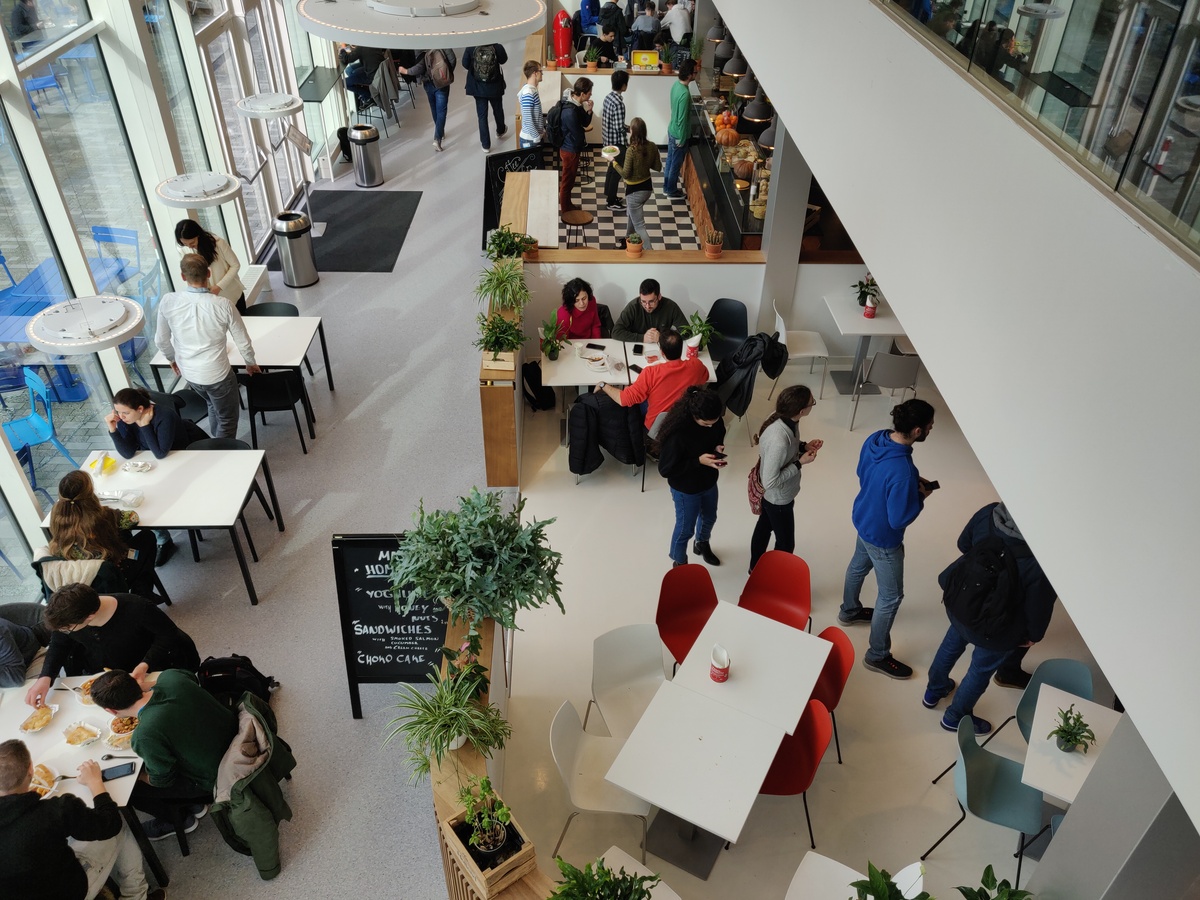The employee monitor, that started this week, measures employees’ assessment of TU Delft. What was the baseline in 2017 and has anything changed?
(Photo: Marjolein van der Veldt)
The rating that employees awarded TU Delft in 2017 was, at the time, reason to be proud said Director of Human Resources Ingrid Halewijn. In Delta, she pointed out that the 7.8 average was significantly higher than the four other unnamed universities with which it was compared.
Still, the outcome of this first employee satisfaction survey was no reason for TU Delft to rest on its laurels. Sixty percent of the employees experienced the workload as higher than desired and another thing that stood out was undesirable behaviour. Twenty-eight percent of staff had experienced undesirable behaviour such as gossip, verbal aggression, bullying and discrimination.
Something had to change at TU Delft. That was clear. All eight faculties and the University Services compiled their own action plans to start a conversation about overarching subjects such as workload and behaviour and to come up with solutions for internal issues such as poor climate control or limited career opportunities. The faculties and services had to systematically discuss their plans with the Executive Board.
The Board also put measures in place such as:
- a training programme on socially safe environments;
- a staff ombudsman;
- a prevention officer;
- open meetings on integrity between the Rector and staff;
- two new guidelines – the Vision on Integrity and the Code of Conduct (only the draft version of the latter is public);
- a contact point for unnecessary bureaucracy;
- hiring of additional teaching staff.
The questions now are what effect have these and other steps had, and how are they reflected in the new employee satisfaction survey? Biemla Sewnandan, Chair of the Works Council (OR), believes that all the attention paid to the issue of workload and behaviour could mean that more people will report these. “You saw this happen with the #MeToo movement. The confidential advisers at TU Delft have become more visible; more people find their way to TrueU (TU Delft’s LGTBQ network, eds.); and there is more discussion about workload and undesirable behaviour. I would not be surprised if the percentage of people who report incidents rises. I would expect a more realistic picture.”
She also sees that not all problems have ready-made solutions. “There is still a shortfall in good staff. TU Delft must recognise that we cannot be surprised anymore by unexpectedly high numbers of students.” And while the workload and the need for good staff are already so high, TU Delft has announced an ambitious partnership with Eramus Medical Centre and Erasmus University Rotterdam. “I wonder,” says Sewnandan, “how these two can be compatible?”
- Are you a TU Delft staff member? Then you have received an e-mail from IVA Education to fill out the Employee Monitor 2020 on 28 January.
Do you have a question or comment about this article?
s.m.bonger@tudelft.nl


Comments are closed.